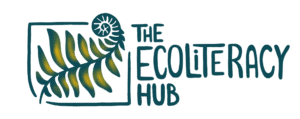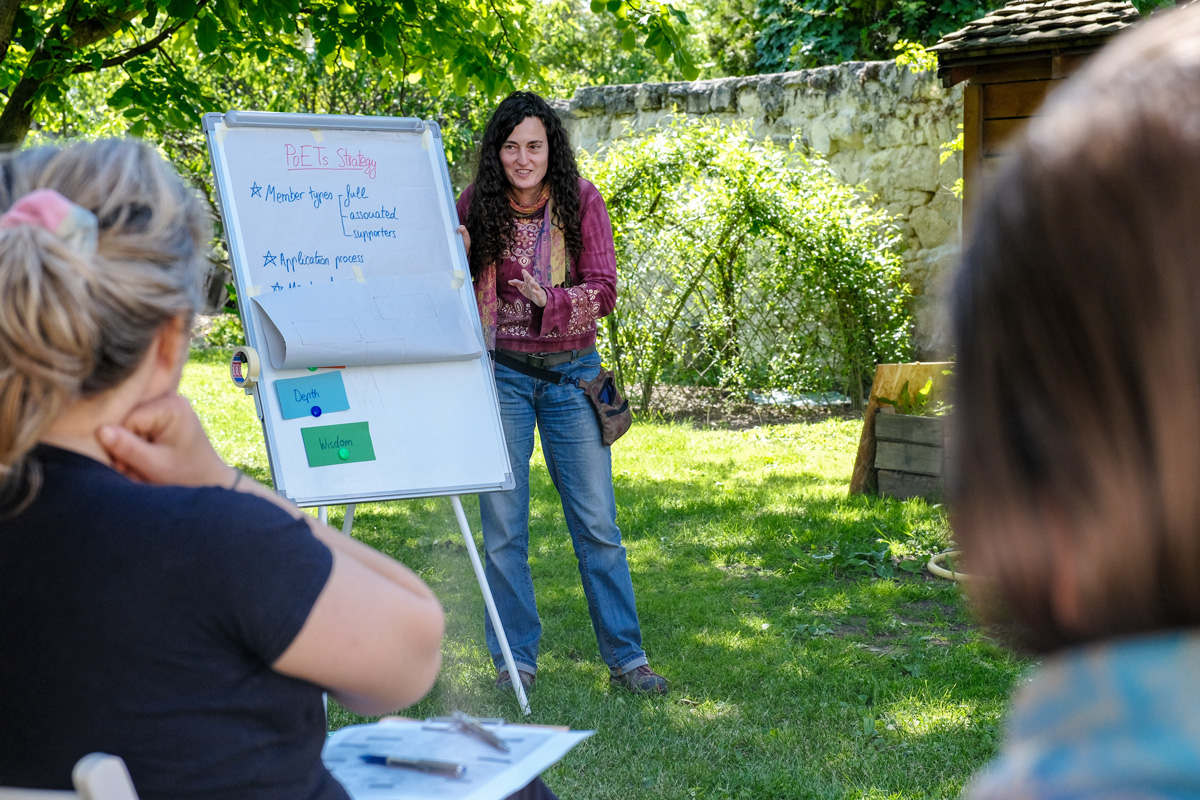Eco-competences are the specific knowledge, skills, and attitudes needed to lead a sustainable lifestyle. By developing these, we become more ecoliterate.
Since 2019, we (the people behind this project) have been collecting, curating, analysing, and grouping eco-competences, as perceived by participants in the training courses we deliver. For this, we ran creative workshops in which participants, divided into small groups of 5 or 6, drew a “fully eco-competent creature.” They then described in words the knowledge, skills, and attitudes that make this creature eco-competent. The eco-competences that we have identified through this method come from a practitioner’s eye: educatorss, teachers, activists, community leaders, youth workers, and other change agents.
Here you’ll find all competences in one place (those from the GreenComp and those additional ones that we identified), explained both through GreenComp and from a real practitioner’s perspective.


